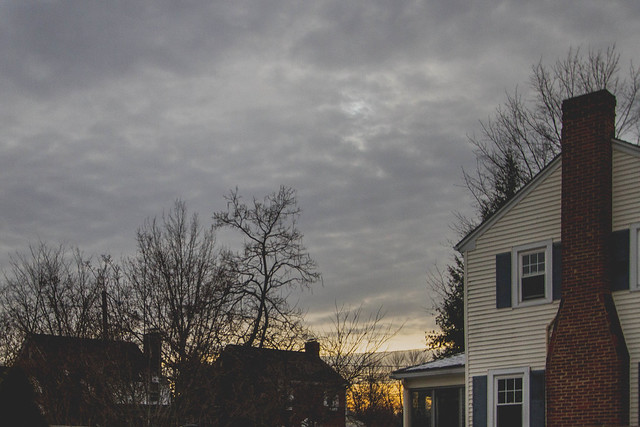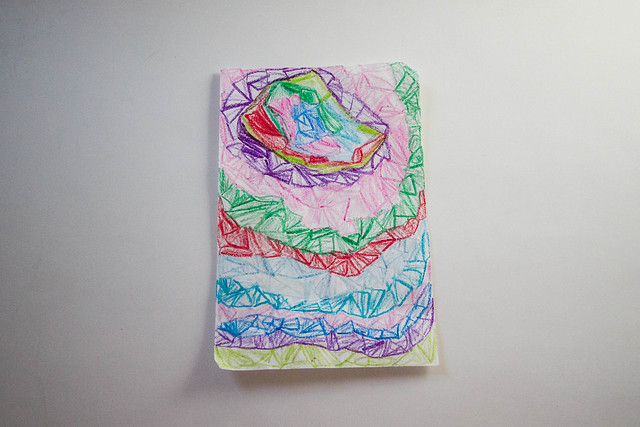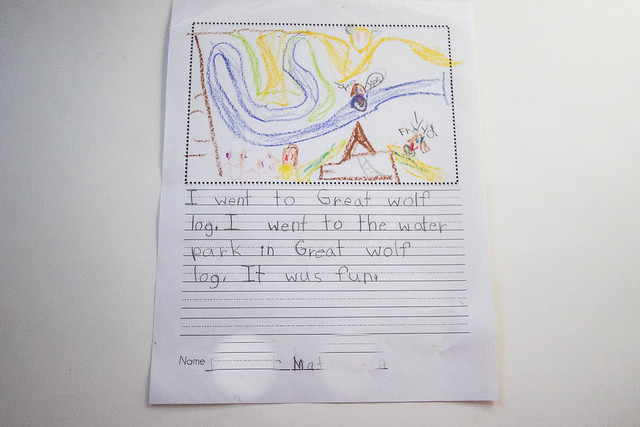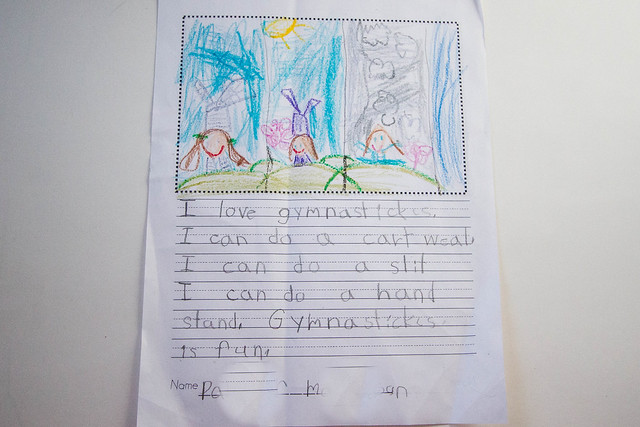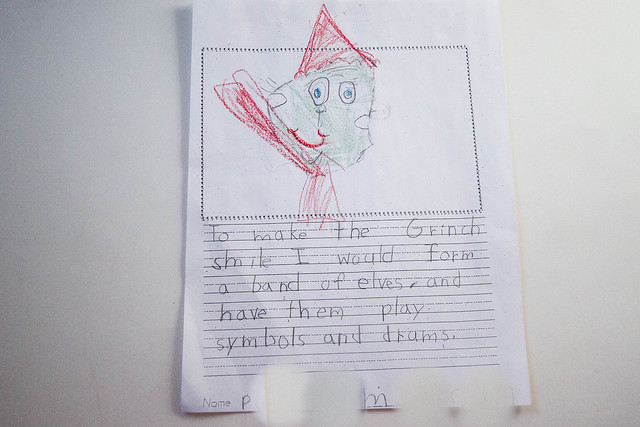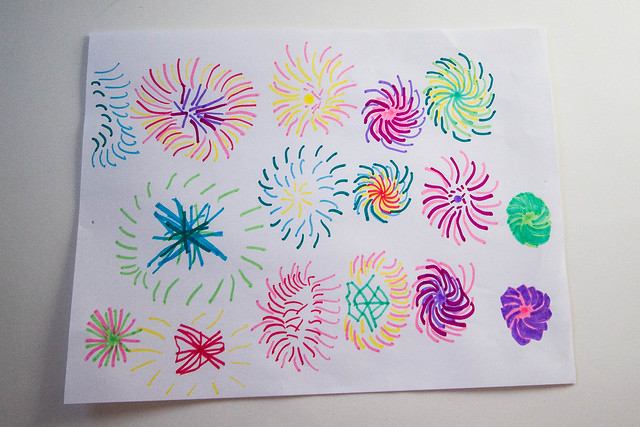“One of the things that I’ve learned to appreciate more as President is you are essentially a relay swimmer in a river full of rapids, and that river is history,” he later told me. “You don’t start with a clean slate, and the things you start may not come to full fruition on your timetable. But you can move things forward.
. . . .
I have strengths and I have weaknesses, like every President, like every person,” Obama said. “I do think one of my strengths is temperament. I am comfortable with complexity, and I think I’m pretty good at keeping my moral compass while recognizing that I am a product of original sin. And every morning and every night I’m taking measure of my actions against the options and possibilities available to me, understanding that there are going to be mistakes that I make and my team makes and that America makes; understanding that there are going to be limits to the good we can do and the bad that we can prevent, and that there’s going to be tragedy out there and, by occupying this office, I am part of that tragedy occasionally, but that if I am doing my very best and basing my decisions on the core values and ideals that I was brought up with and that I think are pretty consistent with those of most Americans, that at the end of the day things will be better rather than worse.”
The cheering crowds and hecklers from the West Coast trip seemed far away now. In the preternaturally quiet office, you could hear, between every long pause that Obama took, the ticking of a grandfather clock just to his left.
“I think we are born into this world and inherit all the grudges and rivalries and hatreds and sins of the past,” he said. “But we also inherit the beauty and the joy and goodness of our forebears. And we’re on this planet a pretty short time, so that we cannot remake the world entirely during this little stretch that we have.” The long view again. “But I think our decisions matter,” he went on. “And I think America was very lucky that Abraham Lincoln was President when he was President. If he hadn’t been, the course of history would be very different. But I also think that, despite being the greatest President, in my mind, in our history, it took another hundred and fifty years before African-Americans had anything approaching formal equality, much less real equality. I think that doesn’t diminish Lincoln’s achievements, but it acknowledges that at the end of the day we’re part of a long-running story. We just try to get our paragraph right.”
A little while later, as we were leaving the Oval Office and walking under the colonnade, Obama said, “I just wanted to add one thing to that business about the great-man theory of history. The President of the United States cannot remake our society, and that’s probably a good thing.” He paused yet again, always self-editing. “Not ‘probably,’ ” he said. “It’s definitely a good thing.”
- "Going the Distance, On and off the road with Barack Obama", David Remnick the New Yorker January 27, 201





